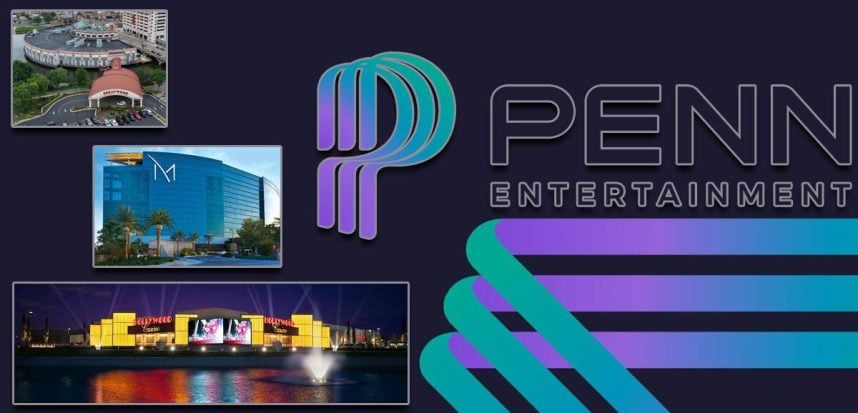Posted on: August 14, 2023, 06:30h.
Last updated on: August 14, 2023, 01:10h.
Last week, Penn Entertainment (NASDAQ: PENN) made a significant announcement. The company revealed its plan to pay $1.5 billion over the next ten years to utilize the popular ESPN Bet brand on both its online and retail sportsbooks. In addition to this, Penn Entertainment has granted Walt Disney’s unit, ESPN, the rights to acquire a sizable portion of its equity. This move has been deemed credit positive for Penn Entertainment by Moody’s Investors Service, a leading ratings agency in the field.

While Moody’s acknowledges that Penn Entertainment may incur significant costs related to customer acquisition and marketing in the fourth quarter and beyond, to kick-start ESPN Bet, the alliance with ESPN is expected to yield long-term benefits for the regional casino operator.
Moody’s states, “We expect a ramp-up period, which will also require incremental spend for marketing, promotions, and customer acquisition purposes. As a result, we expect PENN’s leverage to increase to 5.0x from 4.7x (company calculated net leverage). Those costs should come down over time as ESPN Bet matures, establishes, and gains market share. PENN believes its interactive segment has longer-term adjusted annual EBITDA potential of $500 million to $1 billion, depending on North American market share in online sports betting and iCasino.”
Currently, Penn Entertainment has a “B1” credit grade with a “stable” outlook on its corporate debt. As of June 30, the company has $1.27 billion in cash and cash equivalents, as well as $2.68 billion in debt.
The Ins and Outs of the Penn/ESPN Deal
According to reports, Penn Entertainment was not ESPN’s first or second choice for the marketing pact, which has led to divided opinions among sell-side analysts.
Another reason for the divided opinions is that Penn Entertainment sold Barstool Sports for a mere $1, and then re-sold it to founder David Portnoy just months later. The initial acquisition of Barstool Sports valued the media property at $550 million, and some analysts believe it could be worth as much as $600 million. While Penn Entertainment retains 50% of the economics should Portnoy sell the company again, the lack of shareholder benefit from the transaction has raised concerns.
David Portnoy has stated that he has no plans to sell Barstool again, indicating that there are no immediate avenues for Penn Entertainment to benefit from its agreement with the media company. Additionally, Penn Entertainment may need to give up a significant amount of its equity to ESPN.
Moody’s explains, “PENN will also grant ESPN about $500 million in warrants to purchase 31.8 million PENN common shares that will vest over 10 years. ESPN could receive bonus warrants upon ESPN Bet meeting certain US online sports betting market share performance thresholds. ESPN will have the option to designate one non-voting board observer, or after three years designate a board member subject to gaming regulatory approval and a minimum ownership threshold.”
It is worth noting that Disney recently sold its interest in Penn Entertainment rival DraftKings for $90 million, which may be related to the agreement with Penn Entertainment.
Penn’s Strategy to Leverage the ESPN Brand
Although the ESPN brand is highly recognizable in the sports world, Penn Entertainment will still need to invest in order to fully leverage this powerful name.
Moody’s concludes, “We expect a ramp-up period, which will also require incremental spend for marketing, promotions, and customer acquisition purposes. As a result, we expect PENN’s leverage to increase to 5.0x from 4.7x (company calculated net leverage). Those costs should come down over time as ESPN Bet matures, establishes, and gains market share. PENN believes its interactive segment has longer-term adjusted annual EBITDA potential of $500 million to $1 billion, depending on North American market share in online sports betting and iCasino.”
Currently, Penn Entertainment holds a relatively small market share compared to competitors such as BetMGM, DraftKings, and FanDuel. This is partly attributed to the fact that Penn Entertainment has not allocated substantial marketing resources in this area.


